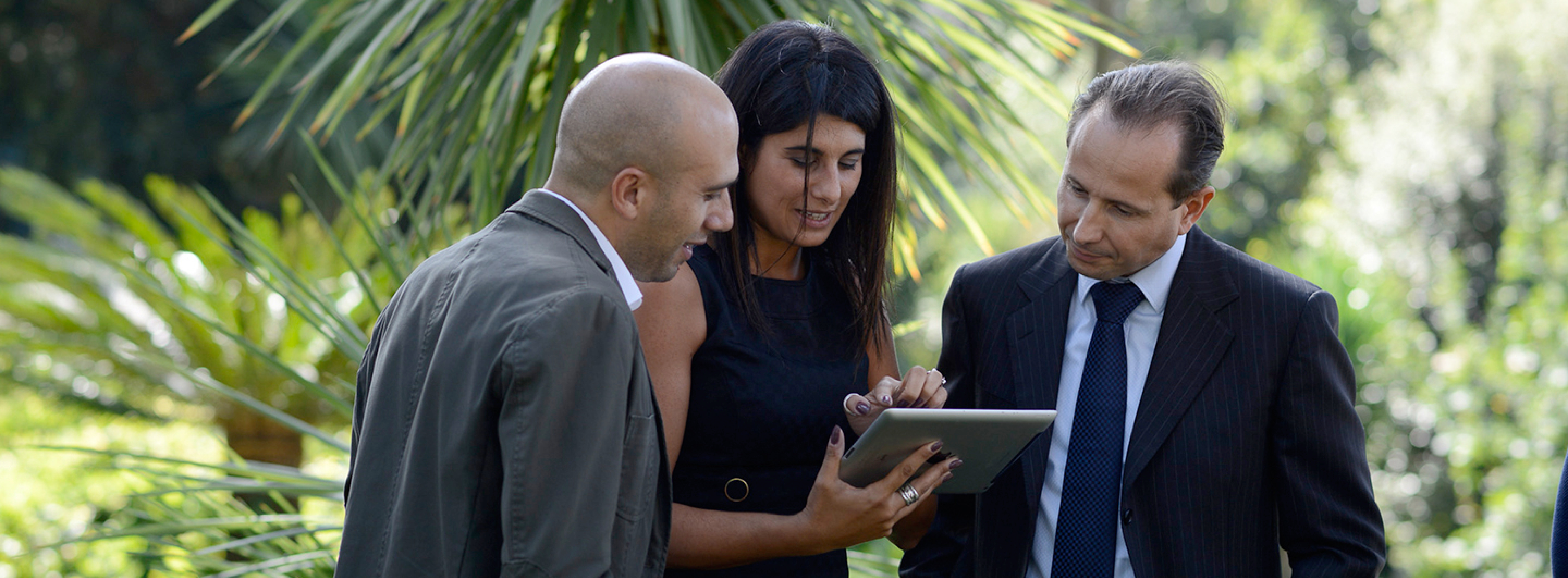Nowadays, and even more in the future, each economic actor must act on a large scale of heterogeneous dimensions, face up stakeholders (about very different interests among each other) and be evaluated on a range of several performance indexes.
Managing such complexity means to achieve in juggling satisfactorily in a net of multiple interests, in their turn bonding multiple subjects: for this reason, each manager needs to learn to know, recognize and enhance his own (or someone else’s) skills allowing to properly move around this complex environment. The educational programs for managers and entrepreneurs willing to improve themselves (but also identify new leaders) in their organization have to transmit these abilities.
As these skills are acquirable mainly from experience, the best way to track them down is to plunge into immersive situations.
Thus, the CeSID designed the ERS labs, or laboratories about Ethics, Responsibility and Sustainability (ERS). Each ERS lab encompasses diversified learning activities aimed at involving students in complex experiences, because they are put in front of real cases concerning the challenge and the beauty of conceiving the organization as an instrument for creating economic, social and environmental value.
Through each ERS lab, students acquire awareness, solidarity and social responsibility. Moreover, participants also other important skills such as leadership, teamwork, efficient communication and negotiation.
More specifically, during an ERS lab, CeSID cooperates with NGOs, no-profit organizations, companies or institutions in order to make participants face up real challenges about socioeconomic causes and consequences of any action undertaken. In this way, students concretely experience the complexity deriving from the unavoidable conflicts among income expectations, social and environmental impact, and ethical outcomes of their choices.
During an ERS lab, participants are encouraged to find innovative solutions to overcome complexities and to handle encountered challenges, by cross-fertilizing the economic, social and environmental scopes through hybridization. They are driven by specific tools like brainstorming, simulation, creativity stimulation and lateral thinking.
Experimentation becomes the essential characteristic of ERS hub teaching methodology, as the best way for students to widen their perspective, to put attention to social and environmental dimensions, and to truly perceive the impact of their action as future or current managers.
Learn more about ERS labs and related topics.














